Bold ideas. Real impact. A new era of carbon innovation.
On May 21st, 2025, the Net-Zero Industries Mission (NIM), in cooperation with the CETPartnership*, hosted the global webinar “Carbon Shift: Redefining Industry Through CCUS” as part of its Industry Insights series. The session brought together 135 participants from 10 countries to explore how Carbon Capture, Utilisation and Storage (CCUS) can drive the decarbonisation of heavy industry and contribute to net-zero targets.
Opening and Framing the Challenge
Urban Peyker, Director of the Net-Zero Industries Mission, opened the session highlighted the urgency of action in high-emission sectors, which are responsible for 25% of global greenhouse gas emissions. He introduced NIM’s mission to drive rapid, large-scale transformation—aiming to implement over 50 demonstration projects by 2030 to showcase scalable decarbonisation solutions.
Keynote: The Strategic Role of CCUS
Professor Peter Styring (University of Sheffield) delivered the keynote, offering a comprehensive view on the role of CCUS as a cornerstone of industrial transformation. He underscored the importance of pairing carbon management technologies with policy support and investment to address emissions from sectors such as cement, steel, and chemicals.
CETPartnership and Joint Call 2025
The session continued with a presentation by Dr Hannele Holttinen (CLIC Innovation Oy) and Dr Aage Stangeland (Research Council of Norway), who introduced the CETPartnership’s Joint Call 2025. Participants received first-hand insight into upcoming funding opportunities and strategic priorities in the field of clean energy transition and industry decarbonisation.
Project Spotlights: Demonstrating CCUS in Action
Three project presentations offered insights into the transition from R&D to demo-scale implementation, showcasing how CCUS can contribute to low-carbon industry:
- GreenSmith
Leonie Lücking (TNO, Netherlands) presented a low-carbon steelmaking concept integrating renewable energy and advanced process design. - “Chemical-Looping Combustion” of Biomass
Magnus Rydén (Chalmers University of Technology, Sweden) introduced an innovative approach to cost-efficient capture of biogenic CO₂ using chemical-looping technologies. - CCUpScale
Bianca Agnes Secklehner (RHI Magnesita) highlighted cross-border collaboration on demo-scale CCUS implementation in the refractory materials sector.
Interactive Dialogue and Next Steps
A concluding live discussion, moderated by Dr Alan Monaghan (NIM Mission Coordinator), gave participants the chance to exchange directly with project lead and funders. The session encouraged collaborative thinking and practical exploration of how CCUS deployment can be accelerated across borders and industries.
The event underscored the growing momentum behind CCUS and the importance of connecting research, funding, and industrial implementation. By bridging knowledge and action, the Net-Zero Industries Mission and its partners aim to drive a new era of carbon innovation—where bold ideas lead to real impact.
Presentations
- Keynote: The Role of CCUS in Industrial Transformation
Professor Peter Styring, Director of the UK Centre for Carbon Dioxide Utilization, Professor of Chemical Engineering & Chemistry, The University of Sheffield, UK - CETPartnership & Joint Call 2025 – Insights & Opportunities
Dr Hannele Holttinen, RDI Lead, Energy Systems, CLIC Innovation Oy (CET Partnership TRI6 Office), Dr Aage Stangeland, Special Adviser, Research Council of Norway - GreenSmith – Low Carbon Steel Production
Leonie Lücking, Project Coordinator, GreenSmith Project, TNO, Netherlands - Cutting the Cost for Biogenic CO₂ – “Chemical-Looping Combustion” (CLC) of Biomass
Magnus Rydén, Professor, Department of Space, Earth and Environment, Chalmers University of Technology, Sweden - CCUpScale – International Demo-Scale Implementation and Cross-Border Cooperation
Bianca Agnes Secklehner, Sustainable Technologies & Decarbonisation Expert, RHI Magnesita
* CETPartnership is a strategic and collaborative initiative that brings together national and regional research, development, and innovation programs from Europe and Beyond.
Our mission is to accelerate the energy transition and support the implementation of the European Strategic Energy Technology Plan (SET-Plan). To achieve this, the partnership organises an annual Joint Call for project proposals, offering funding for innovative projects that address energy challenges.
CETPartnership fosters strong cooperation, encouraging experts from all regions to collaborate and find efficient, clean and sustainable energy solutions.
Speakers
Urban Peyker, NIM Mission Director, Head of Industry, Enterprise and Financing, Climate and Energy Fund, Austria
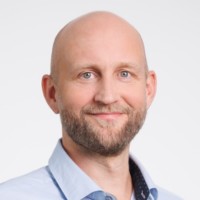
Urban Peyker is the Head of the Industry, Enterprise, and Financing department at the Austrian Climate and Energy Fund. He leads initiatives to promote sustainable industrial practices and drive Austria’s transition to clean energy. Previously, he managed programs on Smart Grids, Hydrogen and Industrial Decarbonisation at the Austrian Research Promotion Agency (FFG). He has also worked as an energy efficiency consultant and as an energy market analyst. Peyker plays a key role in funding and supporting projects that enhance energy efficiency, sustainability, and climate innovation. His leadership contributes significantly to Austria’s climate goals and the advancement of green technologies.
Professor Peter Styring, Director of the UK Centre for Carbon Dioxide Utilization, Professor of Chemical Engineering & Chemistry, The University of Sheffield, UK
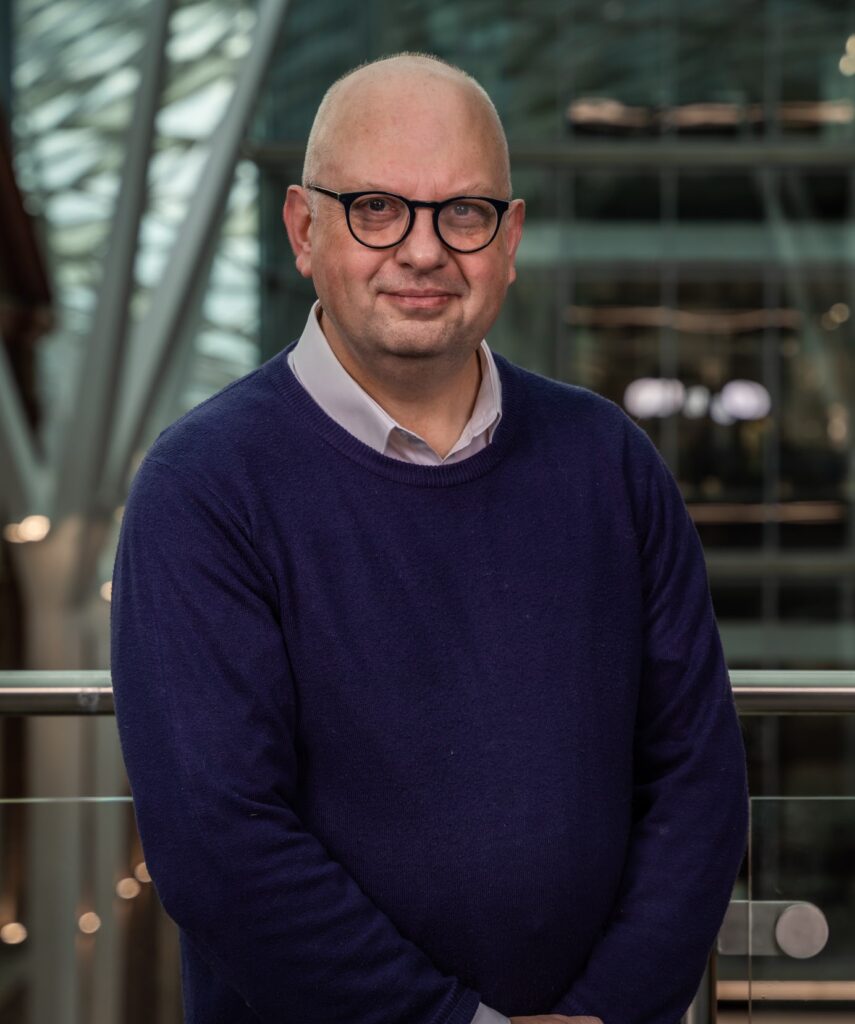
Professor Peter Styring is a leading researcher in catalysis, functional materials, and continuous flow processing—enabling rapid scale-up from lab to industry. His main expertise is in Carbon Capture and Utilisation (CCU), and he serves as Co-Founder and Director of CCU International, a University of Sheffield spinout developing breakthrough PSA CO₂ capture systems.
He authored the influential “Carbon Capture and Utilisation in the Green Economy” policy report and advises governments globally on CCU strategy. His work also includes developing polymers, fuels, and chemicals from captured CO₂, contributing to major initiatives like Flue2Chem, SUSTAIN, and Circular Chemicals.
A former EPSRC Senior Media Fellow, he has produced science programmes and films for major media outlets. Today, he continues this work through the CO2Chem network, engaging the public with science-driven media.
Dr Hannele Holttinen, RDI Lead, Energy Systems, CLIC Innovation Oy (CET Partnership TRI6 Office)
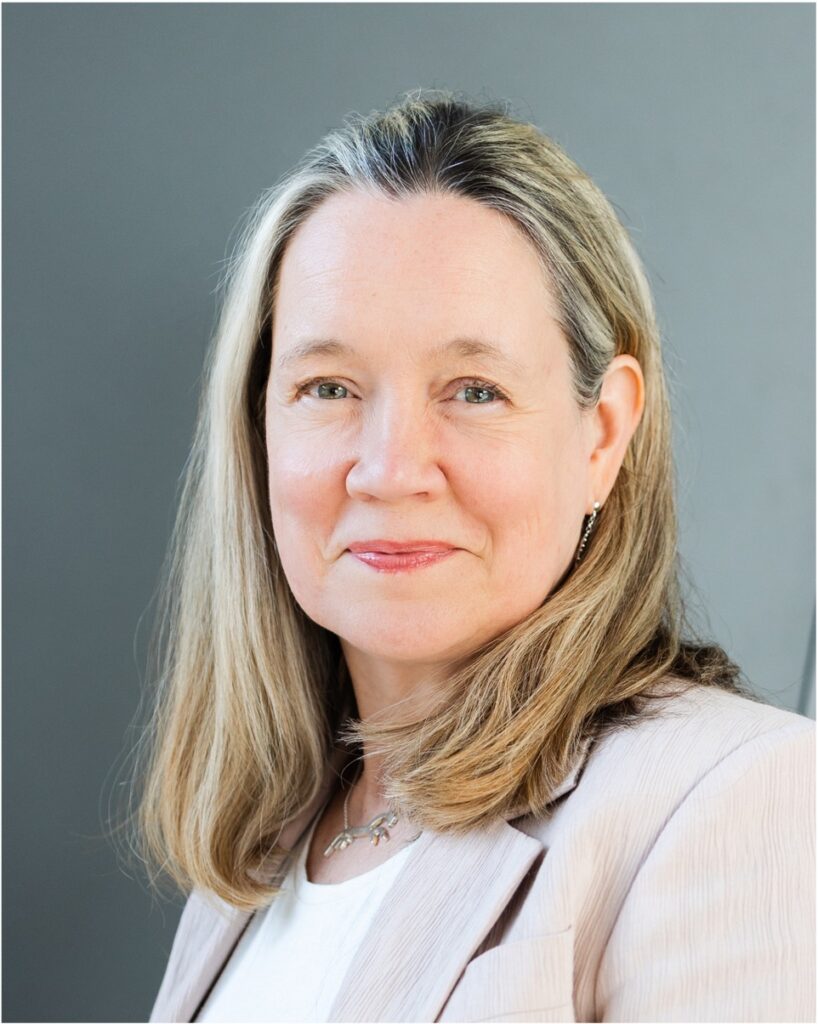
Dr Hannele Holttinen is RDI Lead, Energy systems at CLIC Innovation Oy, working at CET Partnership TRI6 Office for the focus area Integrated Industrial Energy Systems. She is also Professor of Practice at Aalto University, and continues coordinating international research on renewable energy grid integration at IEA WIND and at G-PST (Global Power System Transformation Consortium). She worked previously at VTT Technical Research Centre of Finland in different fields of wind energy and energy system integration research.
Dr Aage Stangeland, Special Adviser at the Research Council of Norway
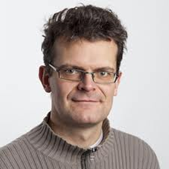
Dr. Aage Stangeland is a Special Adviser at the Research Council of Norway where he is responsible for the Research Council’s activities within CO2 capture, utilisation and storage (CCUS).
International collaboration is among Stangeland’s responsibilities. This includes the Clean Energy Transition Partnership (CETP) where he is a co-lead for the Transition Research Initiative #3 (TRI3): Enabling climate neutrality with storage technologies, renewable fuels and CCUS.
Stangeland holds a Dr. Scient. within material science from the University of Oslo in 2005 and a Master of Science within chemical engineering from the Norwegian University of Science and Technology in 1995.
Leonie Lücking, Project Coordinator GreenSmith Project, TNO, Netherlands
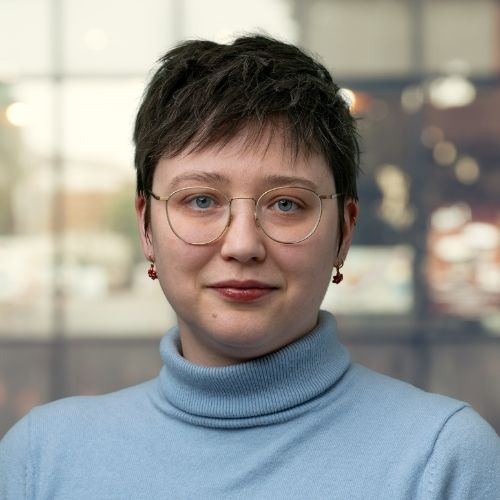
Leonie Lücking is a researcher and project manager at TNO since 2020. She graduated with a Masters degree in Sustainable Energy Technologies from TU Delft on methanol synthesis and has followed this up with a PDEng, a post-Master degree, in Process and Equipment Design. In her work at TNO, she is responsible for cycle design and model development of the SEWGS system, integration of carbon capture in hard-to-abate sectors such as steel, as well as development of other separation processes based on adsorption.
Magnus Rydén, Professor, The Department of Space, Earth and Environment, Chalmers University of Technology, Göteborg, Sweden
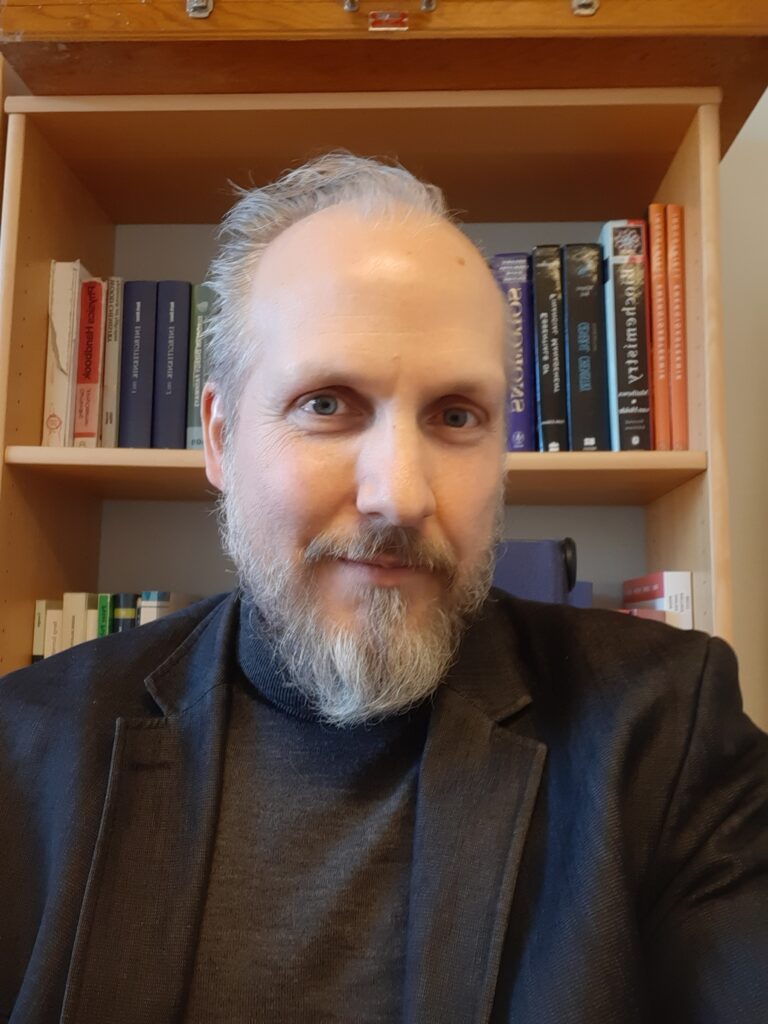
Magnus Rydén is professor in energy conversion at the Department of Space, Earth and Environment at Chalmers University of Technology. He has more than twenty years of experience of research about materials, processes and reactors systems for CO₂ capture and conversion of biomass fuels to heat, power, hydrogen, syngas and synthetic fuels. The presentation will focus on current work and development status of CO₂ capture by Chemical-Looping Combustion (CLC), and fluidized-bed technology with great potential to reduce cost and energy demand for CO₂ capture for heat and power generation.
Bianca Agnes Secklehner, Sustainable Technologies & Decarbonization Expert, RHI Magnesita, Austria
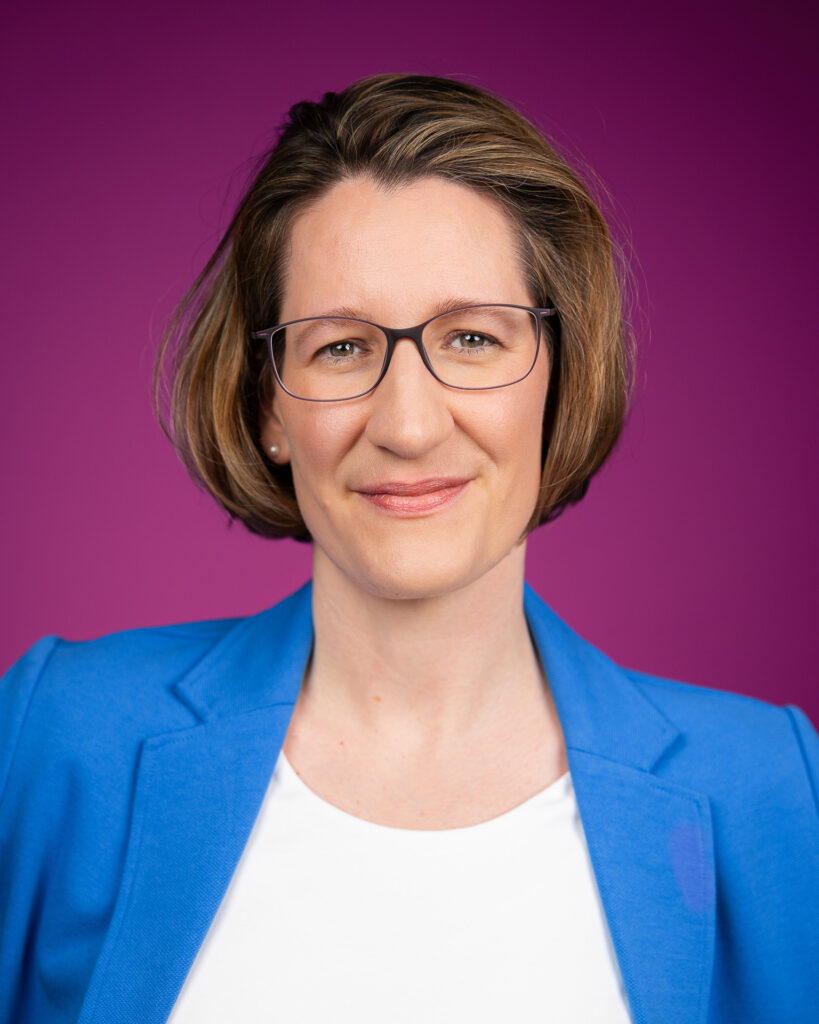
As a Sustainable Technologies & Decarbonization Manager at RHI Magnesita, Bianca Secklehner is committed to driving the transition of hard-to-abate industries toward climate neutrality. She leads international projects focusing on carbon capture, utilization and storage (CCUS), renewable energy feasibility, and global CO₂ road-mapping. With a background in refractory materials and 18 years of experience across R&D, public affairs, product management, and recycling governance, she brings a deep understanding of industrial processes and regulatory frameworks. She also lectures on sustainable development at the University of Applied Sciences Burgenland and holds degrees and certifications in materials science from the Montan university of Leoben and the Federal University of Sao Carlos (Brasil), project management, and EU public affairs.
Moderator
Dr Alan Monaghan, NIM Mission Coordinator

Dr Alan Monaghan, Global Mission Coordinator of the Net-Zero Industries Mission, is a physicist, specialising in developing and delivering executive level strategy and change programs, from organisational restructures and project delivery capability establishment, through to the special risk management needed for technology development, implementation and commercialisation. He is currently the Senior Vice President of the global Technology & Expert Solutions team for Worley’s Resources sector, where Worley’s global SME pool is engaged to provide high priority customer solutions, across innovation and solution validation, through to project delivery, including leading their First of a Kind technology delivery and external technology partnership programs.

